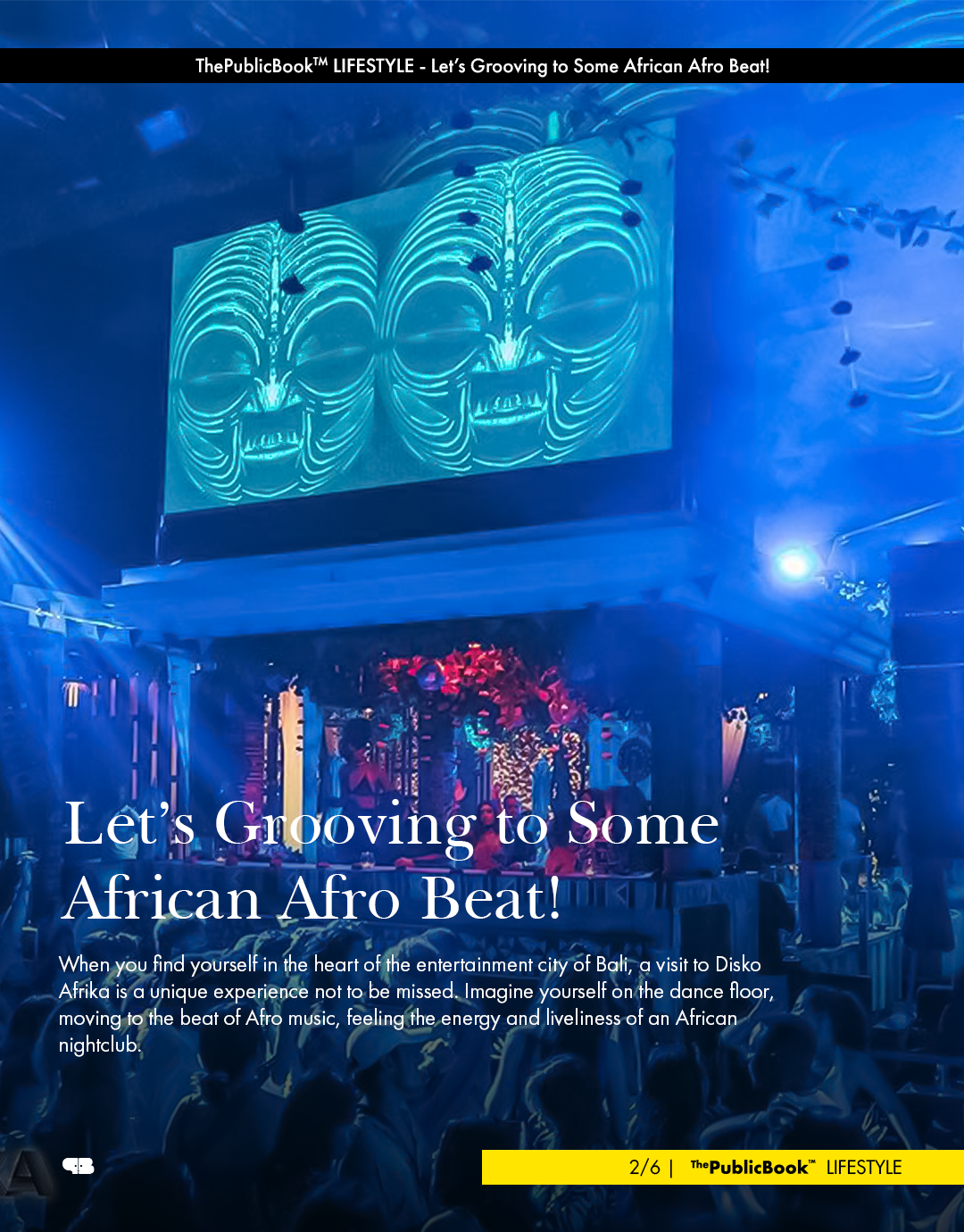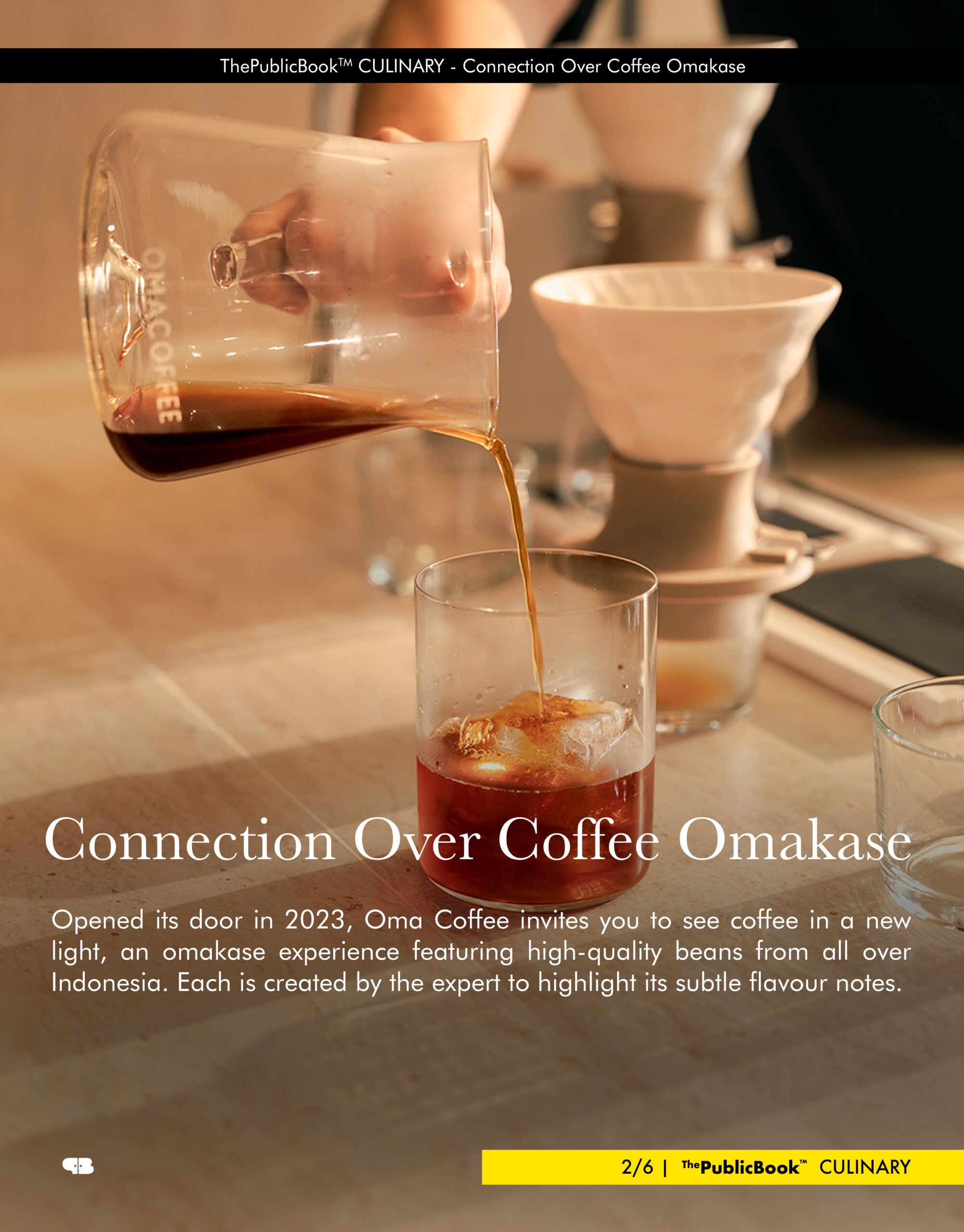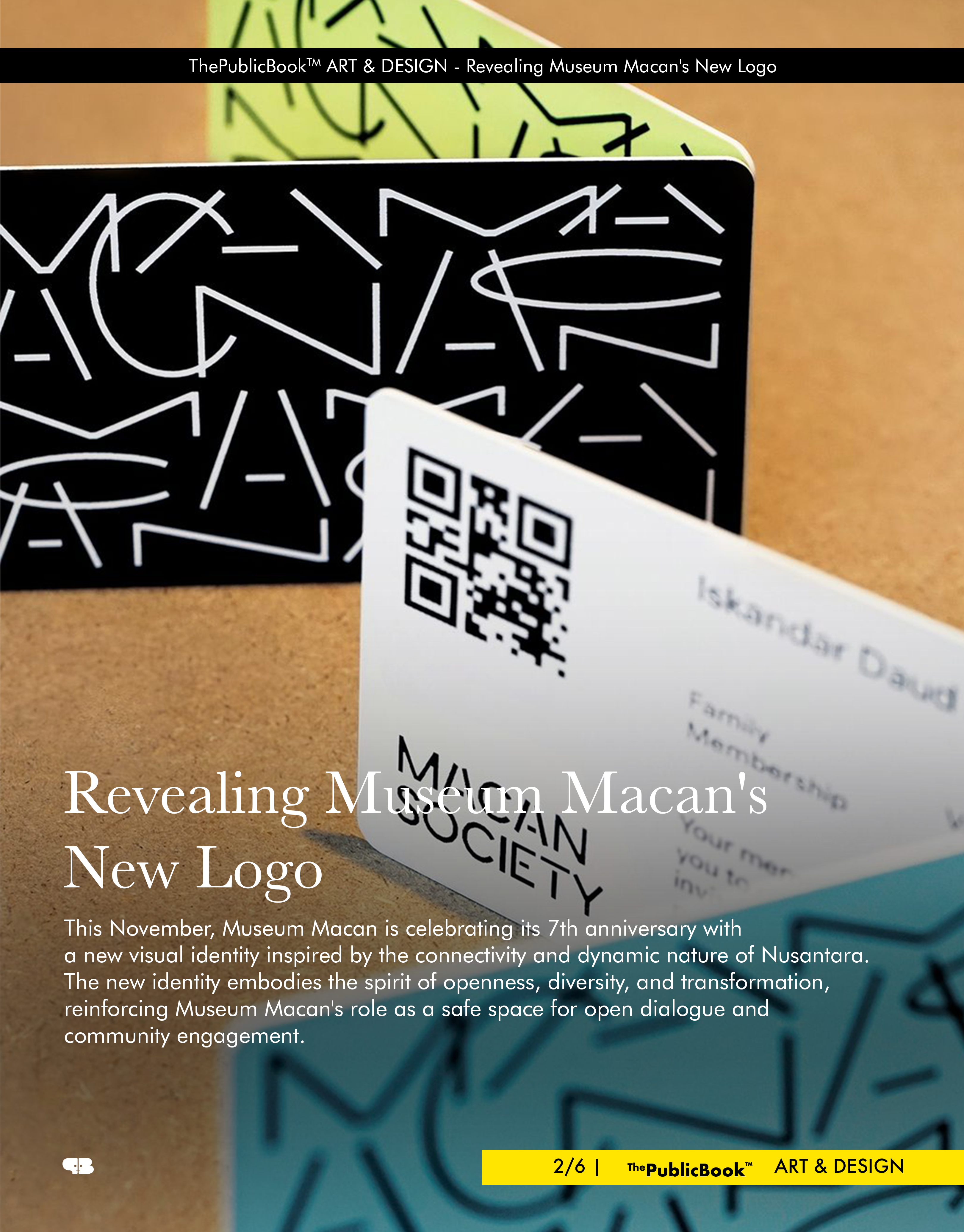Rotted in tradition, presented with intention. Started as a simple home-cooked meal became the seed of Mata Karanjang. Here, woku is slow-cooked in palm leaves, and every dish tells a quiet story—of roots, of return, of respect for tradition.
Chef Jovan Koraag-Kambey brings back flavors from his childhood, elevating them with premium ingredients and modern methods.
1.Can you tell us a little bit about yourself and your culinary background?
= I’m originally from Manado, born and raised in Manado until high school. It just so happens that in Manado, the ones who cook are men, especially in Manado there is a culture called ‘bapesta’ at parties we usually eat big and the men. In the past, I actually wanted to be a soccer athlete. One day I played soccer in Singapore and then I saw that there was an opportunity to be a chef here, so I took culinary arts in Singapore for about 10 years. There I learned Japanese cuisine, German butcher, French basic fine dining, Italian, and Latin food. Then in 2014 I moved to Bali, Indonesia for about 6 years, during the pandemic I returned to Manado to work at a 5-star hotel until I finally got the opportunity to go to Jakarta for the Solo Group project.
2. How Mata Karanjang is formed?
= Usually at the end of each year we have a meal out with all the staff, at the end of 2022 or 2023 I told the staff today we don’t go out to eat, I cook with the help of a manado person too. I cook manado, but the manado that I like to eat that I learned from my grandmother. I cooked 2 vegetables and 1 side dish, ayam woku. My boss happens to like to eat, his tongue is familiar with foods, so when he tried it, he said how come this is different from what I can eat. That’s where the idea came from to open Mata Karanjang.
3. How would you describe the dishes at Mata Karanjang?
= Actually, this is a tribute to my own cuisine, Minahasa, Manado, which I want to make a balance in terms of food ingredients and because I am a professional chef, I want to elevate my regional specialties (Manado). What makes Mata Karanjang different from other Manado restaurants, we use premium ingredients that we send directly from Manado, cooking methods too.
4. What technique are you using mostly at Mata Karanjang?
= First, I used the sufi technique (sous vide) or what is known here as ungkep, cooked using leaves. Sufi technique is an underwater cooking method using a machine where the results will be more precise than traditional techniques (ungkep). In addition, we also use traditional techniques, for example woku fish cooked in woka leaves, here better known as lontar leaves, we cook with very slow cooking for 2-3 hours to get the texture and the spices are perfectly absorbed.
5. How do you interpret Indonesian traditional dishes into a modern plate?
= Because I’m a professional chef, I don’t want to open a restaurant that is perfunctory so in terms of platting, kitchenware, furniture, everything has to be proper.
6. What would you like to convey through your cooking towards your customers
= For those of you who want to try authentic Manado food with a more premium display, you can come here. I make the taste keep to tradition and authenticity but I keep it from a level that all people can eat. Besides that, because I love health, love sports, so all the ingredients I use here must have nutritional elements.
Special menu (Ikan Woku Woka)
7. Can you tell us what makes this menu special?
= Woku is seasoning, woka is palm leaves. So here I cook the fish in palm leaves. The fish has been marinated before. It cooks for about 2 hours in the coals so the aroma of the palm leaves comes through. It’s called pepes here, but we use palm leaves instead of banana leaves.
8. Why use palm leaves?
= There were no pots, so people used to cook with leaves and woka (Palmyra) leaves were plentiful there and they don’t burn easily over fire. It also gives a little flavor to the food.




